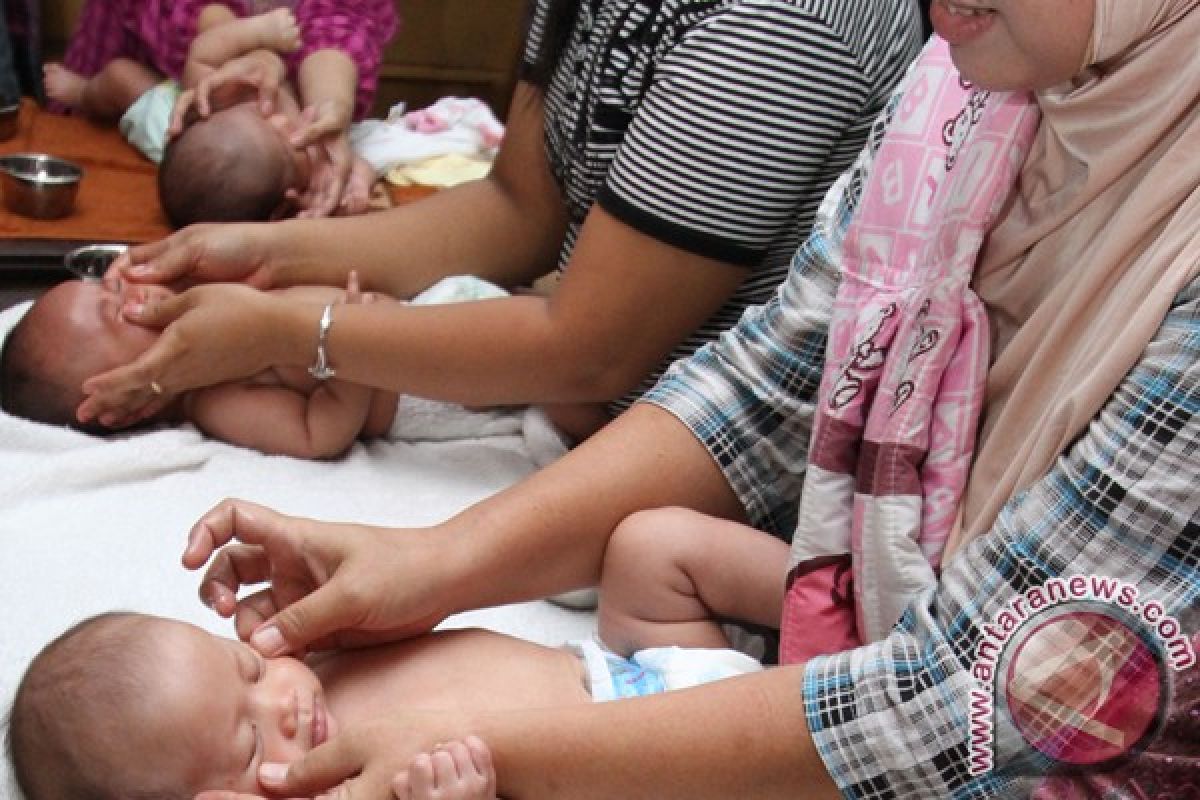Environmental factors could be the cause."Jakarta (ANTARA News) - Health expert from Clinical Pediatrics at University of Southern California, Michelle Pietzak stated that infant allergy level in developing countries including Indonesia is quite high at around 30 per cent of the total infant population.
"It means one out of three infants have a tendency to allergies that are influenced by various factors, especially environmental," clarified Pietzak in her presentation about prevalence of allergy in Faculty of Medicine University of Indonesia, Cikini, Jakarta on Tuesday.
Based on some allergic case she handled in US, many infant allergic cases are characterized by aberration on the skin such as "Dermatitis Atopic", which has been encountered in the most common allergy cases that have occurred.
Dermatitis Atopic is a chronic skin disorder, which include rash, scaly skin, and itchy.
"This kind of disorder is very common and often occurs on a babys skin especially on the face, elbow, and babys knees," she explained.
According to her allergens can vary widely.
"Environmental factors could be the cause. However, our findings suggest that as much as 60 percent cases of allergy are caused by excessive baby sensitive factors in food," she asserted.
Even so, Pietzak hoped that allergy case study could be used as a reference for Indonesian parents in order to carry out the prevention of allergy in infants. One way to prevent baby allergies is by observing the babys diet.
Meanwhile, an immunity expert from Cipto Mangunkusumo Hospital, Zakiudin Munasir, confirmed that allergy trends in Indonesia increased almost threefold compared to what it was ten years ago.
"Moreover, the quality of health in the environment has been decreasing in recent years. So allergic sickness that were only suffered by adults earlier, can now cause pain to children or even babies," he explained.
(Reporting by Anom Prihantoro/Uu.M048/INE/KR-BSR/B003)
Editor: Priyambodo RH
Copyright © ANTARA 2014












